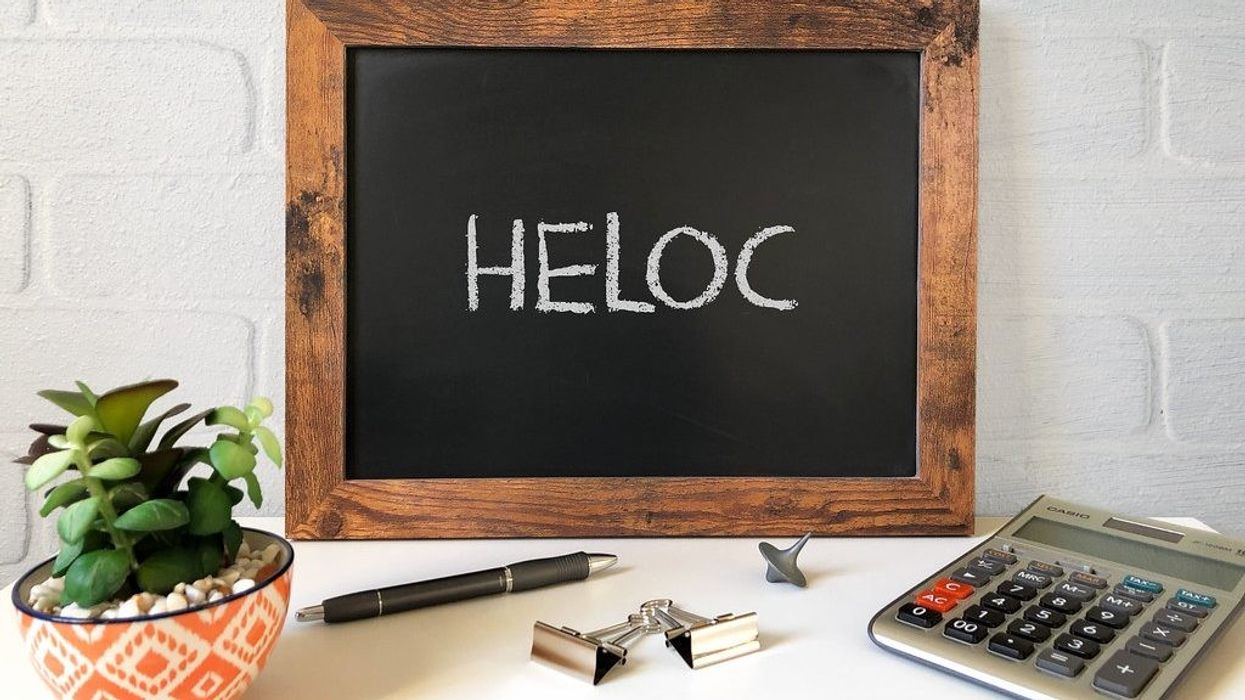You may have heard how HELOCs can get you in financial trouble but, used responsibly, they can actually help you pay down your mortgage faster. Here’s how. But first…
What is a HELOC?
A HELOC, or home equity line of credit, works like a line of credit, except that it is secured by a residential property, whereas a regular line of credit is unsecured and therefore has a higher interest rate and lower limit, explains Mississauga mortgage broker Allen Chin.
READ: 7 Things You Need To Know About Home Equity Lines Of Credit
With other HELOCs, they function simply as a large line of credit. And there are other options as well, including having a chequing account within the HELOC, that allows you to keep depositing cheques to pay your mortgage and debt off faster.
How can a HELOC help me pay my mortgage off faster?
With a traditional mortgage, your regular payments are amortized over 25 to 30 years, and include both principal—the amount that reduces your mortgage debt—and interest.
With a HELOC, however, payments are applied to the mortgage first, then interest is calculated after that. So if you have a mortgage of $400,000 and make a payment of $1,000, your mortgage will now be $399,000 and interest is calculated on that. With every payment, your interest will decrease, as the amount owing on your mortgage decreases.
READ: 7 Questions Buyers Should Ask Their Mortgage Lenders
“On a mortgage of $300,000, you can save seven to 15 years off your mortgage and over $100,000 in interest,” says Chin, who adds that you can end up paying almost the same amount of your mortgage in interest with a traditional mortgage. “With a traditional $300,000 mortgage, you’ll pay almost $200,000 in interest over time, on average,” says Chin.
One you can save $100,000; the other, you can end up costing you almost $200,000.
Who shouldn’t have a HELOC?
While the HELOC can be good for some homeowners, it’s not right for everyone. First, it’s not available to those with higher mortgages. “You don’t get as high a loan as a traditional mortgage,” explains Chin. “Whereas a traditional mortgage can go up to 80 per cent or higher, with a HELOC you are capped at 65 per cent.”
Second, HELOCs are harder to qualify for. “Lenders have more requirements, more strict lending rules and more paperwork. You also have to be in good standing, and have good credit,” says Chin.
HELOCs also come with higher interest rates, Chin points out, and many are variable rates, so you have to have the positive cash flow to be comfortable with those changes.
READ: Mortgage And HELOC Payments Are Climbing In Toronto And Vancouver
It all means that if you’re barely scraping by, or living beyond your means, a HELOC is not for you. “Typically, the rule of thumb is that your expenditure shouldn’t represent more than 50 per cent of your take-home pay,” says Chin. “If you’re in a situation where your expenses can fluctuate to more than greater than your income, this may not be the right type of product for you. It really depends on the financial diligence of the person using it.”
What else should I know about HELOCs?
There are different kinds of HELOCs, and strategies for optimizing them, so speak with your mortgage broker to find the best fit for you and to come up with a payment plan.
“Given the options, yes, a HELOC can help a homeowner pay off their mortgage debt that much faster. But they have to know how to use it; they have to be fiscally responsible,” says Chin. “If a person using it has habitual consumer debts, it won’t work to their benefit. They won’t utilize it correctly.”
One thing experts seem to agree on is that using a HELOC to maintain a certain lifestyle is risky and can likely land you in financial hot water. Used smartly and responsibly, however, it can help your bottom line.
“Always consult with an expert mortgage broker before going through with a HELOC application,” says Chin. “It’s complicated but if used correctly, it can be very advantageous.”





















